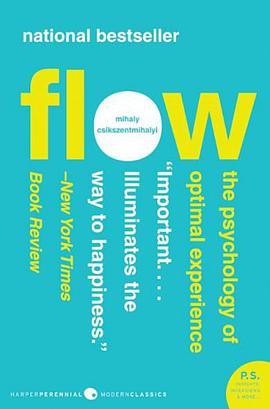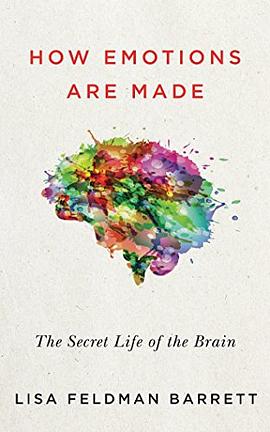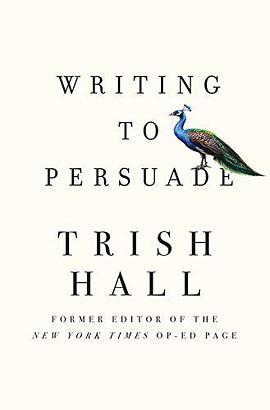Flow 豆瓣
7.4 (8 个评分)
作者:
Mihaly Csikszentmihalyi
Harper Perennial Modern Classics
2008
- 7
You have heard about how a musician loses herself in her music, how a painter becomes one with the process of painting. In work, sport, conversation or hobby, you have experienced, yourself, the suspension of time, the freedom of complete absorption in activity. This is "flow," an experience that is at once demanding and rewarding--an experience that Mihaly Csikszentmihalyi demonstrates is one of the most enjoyable and valuable experiences a person can have. The exhaustive case studies, controlled experiments and innumerable references to historical figures, philosophers and scientists through the ages prove Csikszentmihalyi's point that flow is a singularly productive and desirable state. But the implications for its application to society are what make the book revolutionary.


